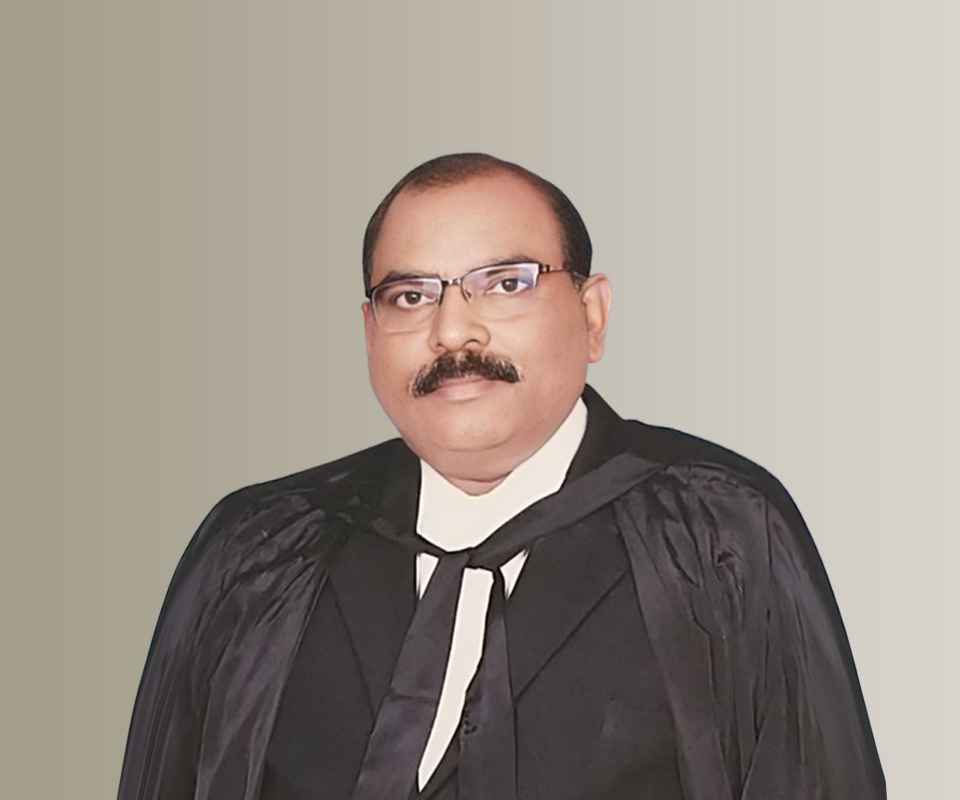Answer By law4u team
An Extradition Magistrate is a judicial authority designated to handle cases involving the legal transfer (extradition) of individuals who are wanted in another country or jurisdiction for criminal prosecution or to serve a sentence. This role is critical in international cooperation on law enforcement matters, especially where crimes cross borders or when fugitives escape to another country. Extradition is usually governed by treaties between nations, and the magistrate ensures that such transfers are conducted lawfully and fairly.
Role and Responsibilities of an Extradition Magistrate
Receiving Extradition Requests
When a foreign country seeks the return of a fugitive, the request is reviewed by the Central Government. Once approved, it is passed to the Extradition Magistrate for legal proceedings.
Issuing Arrest Warrants
The magistrate may issue a warrant for the arrest of the individual based on the request, after ensuring it meets treaty or legal requirements.
Conducting Hearings
The magistrate holds a preliminary hearing to determine whether there is a prima facie case against the accused. This is not a full trial but a legal check for sufficient grounds.
Examining Evidence and Legal Validity
The Extradition Magistrate evaluates the evidence provided by the requesting country, ensuring it meets the standards required under the applicable extradition laws and treaties.
Granting or Rejecting Extradition
Based on the findings, the magistrate either commits the person to custody for extradition or rejects the request if legal conditions aren’t fulfilled.
Ensuring Legal Rights of the Accused
The magistrate safeguards the rights of the individual, including access to legal counsel, fair hearing, and protection against unlawful detention or torture upon return.
Reporting to Central Government
After proceedings, the magistrate submits the report to the Central Government, which makes the final decision regarding extradition.
Legal Framework Supporting Extradition Magistrates
The Extradition Act, 1962 (India)
Governs the process in India and defines the powers of an Extradition Magistrate.
Bilateral/Multilateral Treaties
Treaties specify the conditions and procedures under which extradition can take place between two or more countries.
Mutual Legal Assistance Treaties (MLATs)
These agreements facilitate cooperation in gathering evidence and extraditing criminals.
Challenges Faced by Extradition Magistrates
Political Considerations
Sometimes, extradition cases are politically sensitive and may involve diplomatic negotiations.
Human Rights Concerns
Extradition may be denied if there is a risk of torture, unfair trial, or death penalty in the requesting country.
Delays and Bureaucracy
Legal formalities, documentation, and approvals can lead to prolonged proceedings.
Example
Suppose a person accused of financial fraud in the UK escapes to India. The UK government sends a formal extradition request under the UK-India extradition treaty.
Steps Taken by the Extradition Magistrate:
The Indian Central Government receives the request and forwards it to the designated Extradition Magistrate.
The magistrate issues a warrant for the arrest of the accused.
A hearing is conducted where evidence from the UK authorities is reviewed.
The accused presents legal arguments against extradition.
The magistrate finds sufficient prima facie evidence and submits a report to the Central Government.
Based on the report, the Indian government may approve and carry out the extradition.







